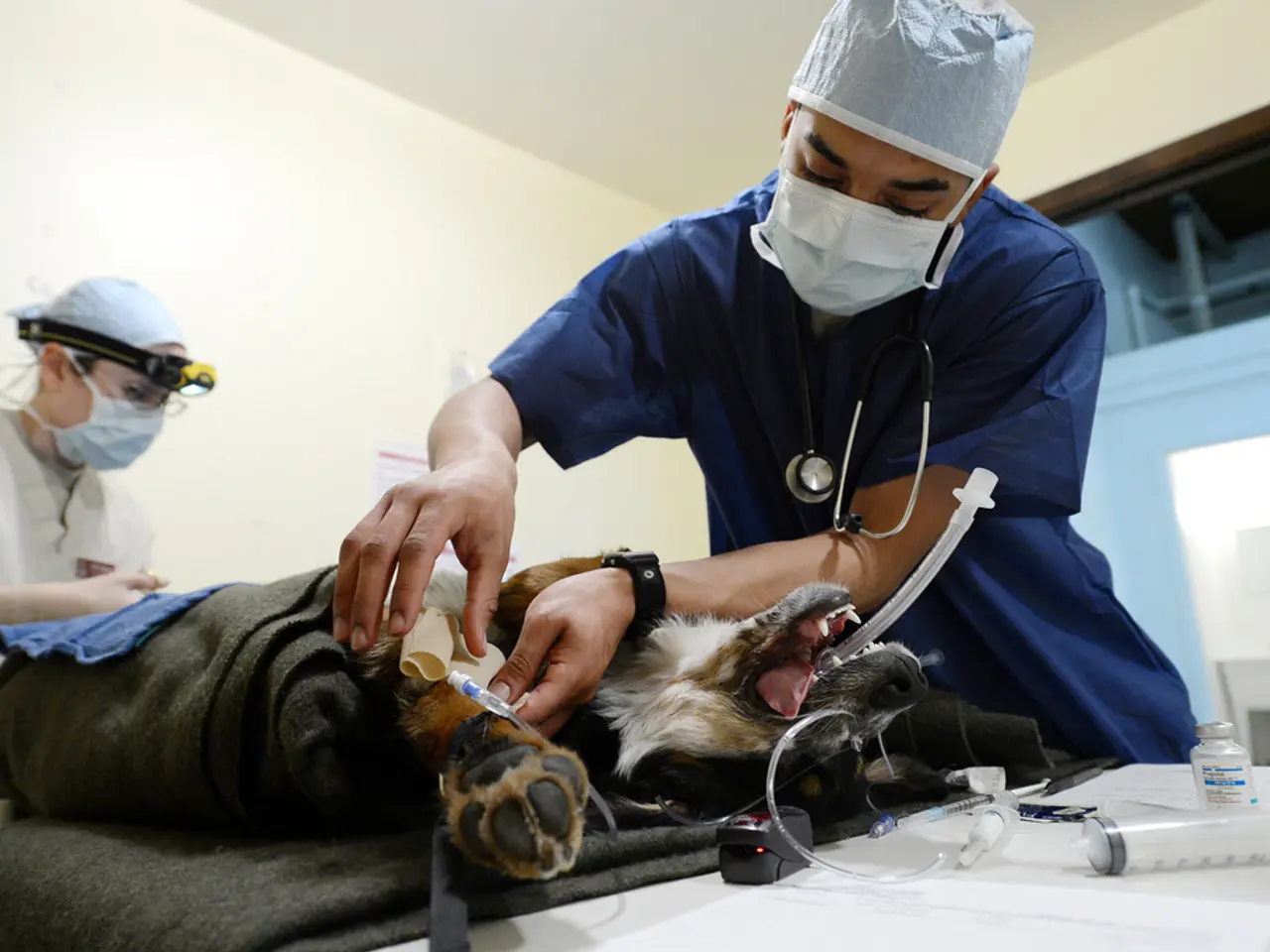DSG25: New Workshop Tackles Stroke-Related Dysphagia and Tracheal Cannula Management
The 1st German Stroke Congress, DSG25, is set to take place in Berlin from September 4 to 6, 2025. Among its offerings is a workshop titled 'Dysphagia Diagnosis and Tracheal Cannula Management in Acute Settings', scheduled for September 4, 3:15 PM to 4:45 PM. This workshop aims to address a significant knowledge gap in training regarding dysphagia and tracheal cannula management, which affects nearly all stroke patients.
Around 80% of stroke patients suffer from dysphagia, yet recognition and therapy are not prominent topics in medical school or speech therapy training. Led by PD Dr. Sriramya Lapa and PD Dr. Bendix Labeit, the workshop targets professionals from speech therapy, language therapy, nursing, and medicine who work with stroke-related dysphagia and tracheotomized patients.
The workshop provides in-depth knowledge and practical skills in handling tracheotomized patients, focusing on structured clinical swallowing examination and imaging procedures like FEES. It covers tracheal cannula management, including indications, complications, practical handling, and decannulation criteria. The workshop encourages interdisciplinary cooperation to prevent unnecessary intubation and improve patients' quality of life and participation. It includes practical video examples and real case discussions to build confidence in handling complex situations.
The 'Dysphagia Diagnosis and Tracheal Cannula Management in Acute Settings' workshop at DSG25 seeks to equip healthcare professionals with the necessary skills to address dysphagia and tracheal cannula management in acute settings, ultimately enhancing patient care and outcomes.
Read also:
- Inadequate supply of accessible housing overlooks London's disabled community
- Strange discovery in EU: Rabbits found with unusual appendages resembling tentacles on their heads
- Duration of a Travelling Blood Clot: Time Scale Explained
- Fainting versus Seizures: Overlaps, Distinctions, and Proper Responses






